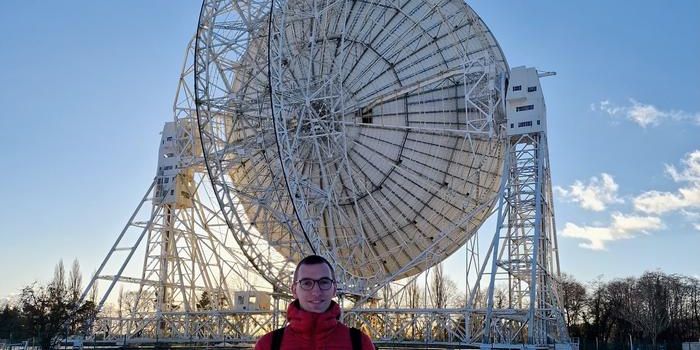Air Pollution Crisis: Harvard Study Urges Stricter Standards to Protect Senior Heart Health
What impact can severe air pollution have on the health of senior citizens? This is what a recent study published in BMJ hopes to address as a team of researchers led by Harvard University investigated how over-exposure to fine particulate matter (PM2.5) for senior citizens could lead to hospitalizations for seven major cardiovascular disease (CVD) subtypes, including heart failure, ischemic heart disease, arrhythmia, cerebrovascular disease, cardiomyopathy, abdominal aortic aneurysms, and thoracic aortic aneurysms. This study holds the potential to help scientists, medical professionals, and the public better understand the long-term health risks for severe air pollution, especially with climate change effects continuing to increase worldwide.
For the study, the researchers analyzed 59,761,494 Medicare fee-for-service recipients 65 years of age and older between 2000 and 2016 and compared them to air pollution data during that same period. Each of the recipients were tracked every year until their first hospitalization for one of the seven major CVD subtypes, and the researchers produced a map based on the recipients’ ZIP codes. In the end, the researchers discovered the average exposure time from air pollution to a recipients’ first hospitalization was three years, in addition to determining their exposure to PM2.5 was above the acceptable threshold outlined by the World Health Organization (WHO).
“The timing of our study couldn’t be more critical, and its implications are profound,” said Dr. Yaguang Wei, who is a research associate in the Harvard T.H. Chan School of Public Health and lead author of the study. “Our findings quantify the benefits of implementing stricter air pollution control policies—even stricter than the Environmental Protection Agency’s new standards, which are considerably higher than the 5 micrograms per cubic meter standard set by the World Health Organization.”
Due to their findings, the researchers concluded that “no safe threshold exists for the chronic effect of PM2.5 on overall cardiovascular health”, although they foresee positive outcomes if individuals adhere to the WHO recommendations on PM2.5 exposure over long periods of time.
What new discoveries will researchers make between severe air pollution and health risks in the coming years and decades? Only time will tell, and this is why we science!
As always, keep doing science & keep looking up!
Sources: BMJ, EurekAlert!








